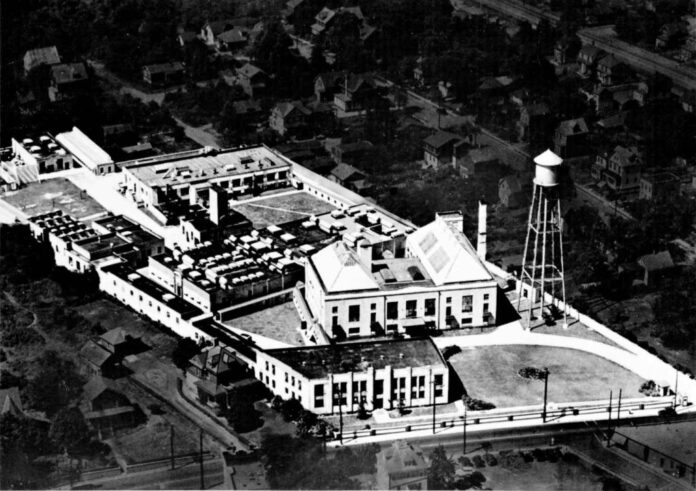Long before Hollywood became the epicenter of the film industry, New Jersey played a pivotal role in the development of cinema during the Silent Film Era. The state, particularly Fort Lee, was a bustling hub of film production in the early 20th century, giving birth to some of the most iconic silent films and notable contributions to the art of filmmaking.
The Birth of Film in New Jersey
New Jersey’s film history can be traced back to Thomas Edison, whose laboratories in West Orange were the site of many early cinematic innovations. Edison’s pioneering work in motion picture technology laid the foundation for the future of film. His invention of the kinetoscope and the vitascope revolutionized the way stories were told and viewed.
Fort Lee: The First Hollywood
By the 1910s, Fort Lee, New Jersey, had emerged as the epicenter of the burgeoning film industry. The town’s proximity to New York City, coupled with its diverse landscapes, made it an ideal location for film studios. Several major film companies, including Universal, Fox, and Paramount, set up production facilities in Fort Lee, producing hundreds of films that captivated audiences nationwide.
Iconic Silent Films from Fort Lee
Among the many films produced in Fort Lee, “The Perils of Pauline” (1914) and “The Hazards of Helen” (1914) stand out as iconic examples of early American cinema.
The Perils of Pauline: This serial film, produced by Pathé Frères, became one of the most popular and influential serials of the silent era. Starring Pearl White as the titular Pauline, the series followed the adventurous heroine as she faced various life-threatening situations. “The Perils of Pauline” set the standard for action-packed serials and established the “cliffhanger” as a storytelling technique, keeping audiences eagerly awaiting the next installment.
The Hazards of Helen: Another groundbreaking serial, “The Hazards of Helen” featured Helen Holmes as a fearless telegraph operator who thwarted villains and overcame dangerous obstacles. Produced by the Kalem Company, this serial showcased early examples of stunt work and special effects, with Helen performing many of her own stunts. The series was notable for its progressive portrayal of a strong, independent female protagonist, a rarity in the male-dominated industry of the time.
Notable Contributions and Figures
Alice Guy-Blaché: One of the most significant figures of the silent film era in New Jersey was Alice Guy-Blaché, one of the world’s first female directors. After moving from France, she established Solax Studios in Fort Lee in 1912. Guy-Blaché directed, wrote, and produced numerous films, pioneering various cinematic techniques and themes. Her work laid the groundwork for future filmmakers and highlighted the potential of film as an art form.
The Champion Studio: Champion Film Company, also based in Fort Lee, was known for producing a wide range of films, including comedies, dramas, and Westerns. The studio’s innovative approach to filmmaking and storytelling contributed significantly to the development of early cinema.
The Decline and Legacy
As the film industry expanded, the lure of year-round warm weather and diverse filming locations led many studios to relocate to California, marking the rise of Hollywood as the new film capital. By the 1920s, Fort Lee’s prominence in the industry had waned, but its contributions to cinema were far from forgotten.
New Jersey’s role in the Silent Film Era is a testament to the state’s influence on the early days of filmmaking. The innovations, iconic films, and pioneering figures from this period laid the foundation for modern cinema, and their legacy continues to inspire filmmakers today.
Preserving the History
Today, efforts to preserve and celebrate New Jersey’s cinematic history are evident in various initiatives and organizations. The Fort Lee Film Commission works to honor the town’s rich film heritage, hosting events, screenings, and educational programs that highlight the significance of New Jersey’s contributions to the film industry.
In conclusion, the Silent Film Era in New Jersey, particularly in Fort Lee, represents a foundational chapter in the story of American cinema. The state’s early adoption of film technology, combined with the creativity and innovation of its filmmakers, helped shape the trajectory of the movie industry, leaving an indelible mark on the art of storytelling through film.












